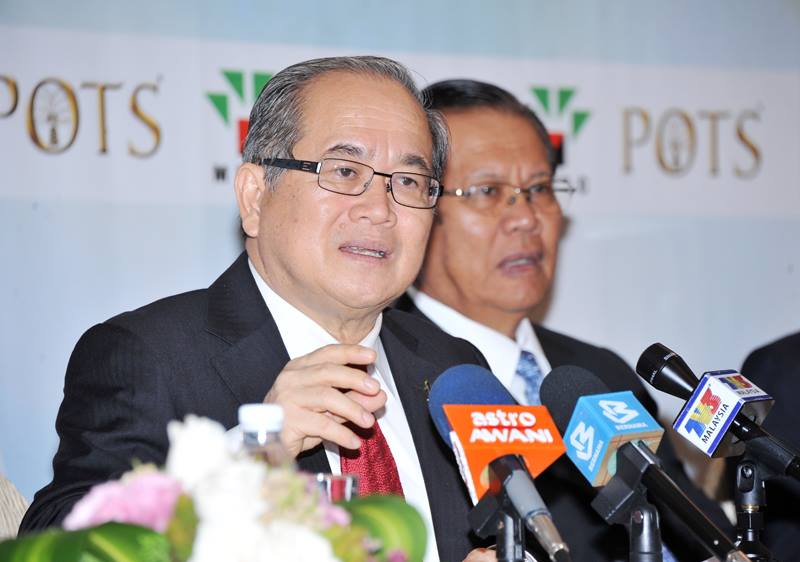KUCHING, June 9 — The Sarawak Disaster Management Committee (SDMC) announced today that Malaysians will be allowed to enter Sarawak from tomorrow without prior registration with it or Covid-19 testing.
The SDMC will also permit inter-district travel in the state from tomorrow when the Recovery Movement Control Order (RMCO) comes into effect.
Beginning tomorrow, the previously released standard operating Procedures (SOP) for Malaysian citizens looking to enter Sarawak will be abolished and replaced with new SOP under the RMCO.
“Beginning tomorrow, all Malaysians from Peninsula, Sabah and Labuan, and (citizens) within the state will be allowed to travel across districts,” Sarawak Deputy Chief Minister Douglas Uggah Embas told a press conference today.
“In other words, free movement from state to state into Sarawak and within Sarawak, and this will be effective from tomorrow.”
Malaysian citizens looking to travel from other states into Sarawak are required to download the MySejahtera app, fill out the E-Health Declaration form on the state government’s website, and are advised to download Sarawak’s COVID Trace and Qmunity apps.
SDMC also noted that visitors will be randomly sampled upon arrival at the state’s main entrances, whether through air, land, or sea.
The Deputy Chief Minister also shared that the SDMC convened a special meeting earlier this morning and decided that Sarawak will comply with the decision announced by the federal government, but with some improvements to the guidelines and SOPs in accordance with the state of Sarawak.
The federal government announced last Sunday the implementation of RMCO from June 10 to August 31.
“We have now studied and researched guidelines (or) SOP for some activities to be allowed from June 10 to August 31, and we will customise it so that it would adapt to the situation in the state of Sarawak,” Uggah explained.
“So, we’re going to study as we have done in the past. Some of those SOP may not be suitable for Sarawak, so we need to enhance it to adapt to the Sarawak local condition,” he added.
All Sarawakians returning from abroad will be required to undergo a 14-day quarantine at a hotel and will be screened for Covid-19 on the 10th day of quarantine, while foreigners entering Sarawak with valid work permits and visas, including Malaysia My Second Home (MM2H) participants, are required to undergo a 14-day quarantine in which the cost of quarantine will be borne by the foreign individual.
Public assemblies will be allowed with a maximum of 100 people, subjected to the size of the venue at which the event is held effective June 10.
Persons-Under-Surveillance (PUS) who are still under quarantine at the hotel to this day will have to complete the remaining quarantine period. There are currently 2,060 PUS across 38 hotels throughout Sarawak.
SDMC also reported that all activities authorised under the RMCO will be effective from June 17.
“This is to allow the relevant ministries and agencies to further refine the existing SOP and to submit it to the SDMC by or before June 15 for approval,” Uggah explained.
Sarawak today reported one new Covid-19 case, which brings the total number of positive Covid-19 cases to 556.
The positive case reported today is an Indonesian citizen who was detected through close contact with a positive case reported on June 7, creating a new cluster among foreign workers in Sarawak. The Sarawak State Health Department will conduct active case detection at the Railway Road construction site and their residence on the Moyan River in Kuching.
“Although there is no clear evidence yet, there are some illegal immigrants who entered through ‘jalan tikus’ because we (do) not allow any to come in.
“This is still a suspicion, but I’d like to warn the employer that the police, the immigration unit and the state health unit, together with the Health Department of Sarawak will study this matter more closely and (be) more aggressive in our monitoring because this can be a source of problem that we have,” Uggah cautioned the public.








